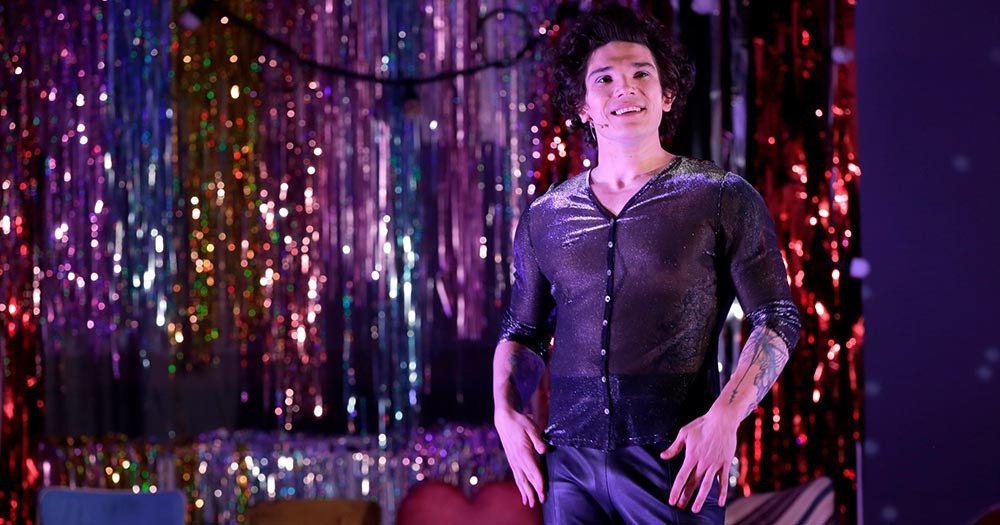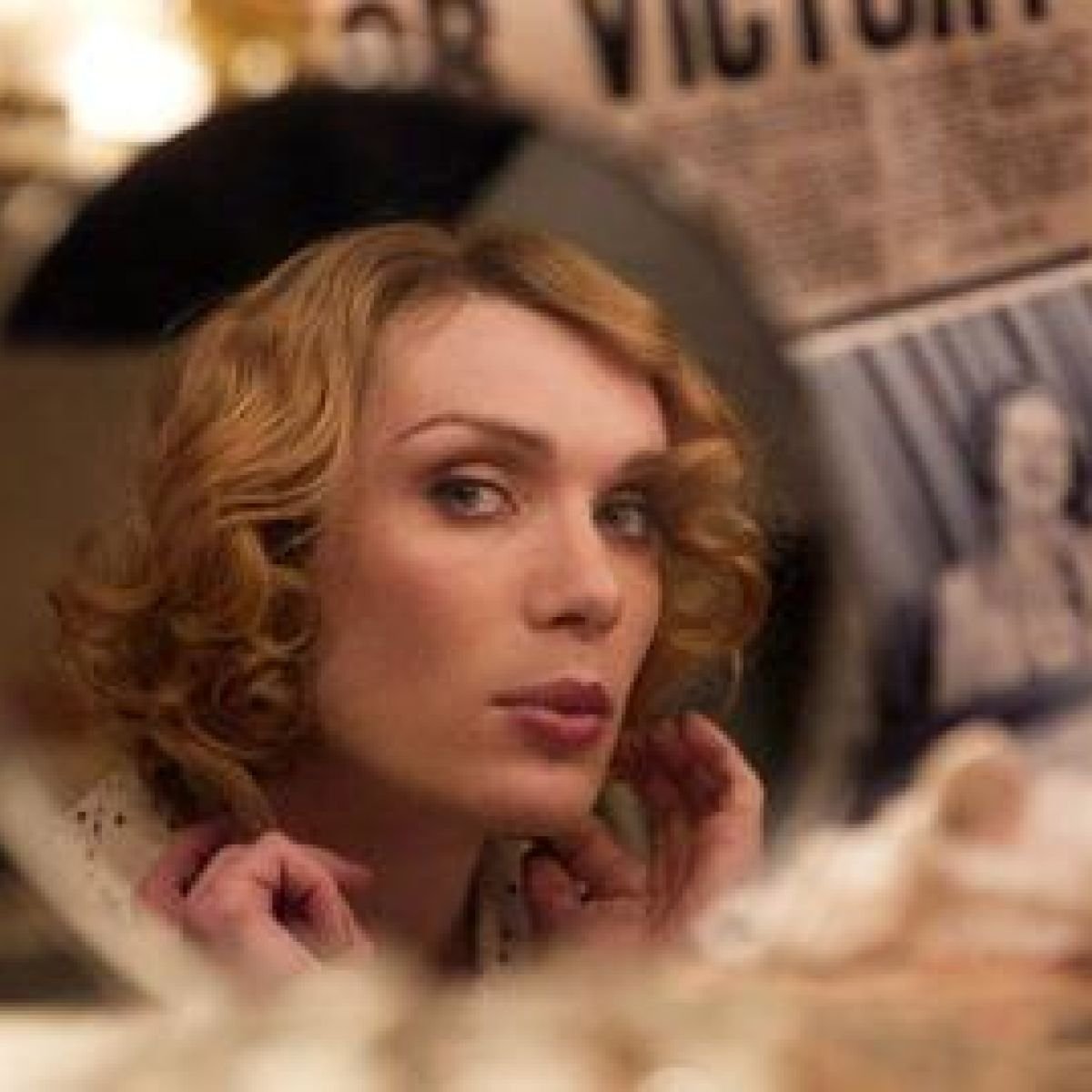A Cis Man as a Trans Woman: The Breakfast on Pluto Casting Debate
We must talk about this. The news that a musical adaptation of the iconic novel Breakfast on Pluto is being staged in England is exciting. The play tells the story of Pussy Braden, a resilient trans woman who flees her small town and survives on the streets of London in search of her biological mother. But the casting has ignited a familiar debate: the lead role, a trans woman, is being played by Fra Fee, a cisgender man. While the production is reportedly working with a trans charity, this casting decision is not just a misstep it’s a powerful reminder of the systemic issues that continue to plague LGBTQ cinema and theatre.
This isn’t the first time the role has been given to a cisgender man; Cillian Murphy played the character in the 2005 film adaptation. The fact that, nearly two decades later, a major production is making the same choice speaks volumes about the uphill battle for authentic representation. While the production company claims to have conducted a wide search for a trans actor, their failure to cast one points to a deeper problem than a simple lack of talent.
The Erasure of Lived Experience
The backlash against the casting isn’t an attack on Fra Fee’s talent. It’s a fierce defence of a community that is tired of seeing its stories told by people who don’t share their experiences. When a cisgender man plays a trans woman, it reinforces the harmful idea that trans women are simply men in drag. It takes away a crucial opportunity from trans actors, who are so often overlooked and undercast. The casting team, despite having a leading trans actor, Rebecca Root, on the panel, stated they couldn’t find the “right trans personality” to match the role’s voice. This excuse is a tired one.
This isn’t about just one production; it’s a reflection of a deeply flawed system. For too long, the industry has failed to mentor, train, and provide a platform for trans actors to become the “established” names that producers so often seek. It’s a self-perpetuating cycle of exclusion. You can’t claim there’s a lack of trans talent when you haven’t invested in creating safe spaces for them to thrive in the first place.
“When a cis person plays a trans role, they are celebrated for their ‘bravery.’ When a trans person plays the same role, they are just doing their job. That double standard is exactly why this debate is so important. We need to stop giving awards for ‘bravery’ and start giving opportunities for authenticity.”
Why This Debate Resonates in Queer India
This global debate is not just a western problem. It holds a mirror to our own entertainment industry in queer India. While we are making strides with more queer representation in films and web series, the roles of trans characters are still overwhelmingly given to cisgender actors. This is a missed opportunity to showcase the immense talent within our own community and to normalize trans lives on screen.
The conversations happening in our community from the streets of pride in India to social media are a demand for more than just visibility. We are fighting for authentic, nuanced representation that celebrates our lived experiences. We want to see trans people in lead roles, supporting roles, and behind the camera. This is a crucial step in building a truly inclusive society, where our stories are told by us and for us.
Beyond the Stage: A Call for Systemic Change
The solution to this issue is not just to protest one casting decision. It is to advocate for a complete overhaul of how the entertainment industry operates.
Support Trans Artists: Seek out and support the work of trans writers, directors, and actors. Their talent is abundant and deserving of a platform.
Demand Authentic Casting: As an audience, use your voice to demand that production companies cast trans actors in trans roles. Your viewership and your money are powerful tools.
Create Safe Spaces: Producers and casting directors must actively mentor and create safe spaces for trans talent, providing them with the opportunities they’ve been denied for so long.
The Future of Storytelling
The controversy around Breakfast on Pluto is a painful but necessary reminder that we have a long way to go. The fight for authentic representation is not just about fairness; it’s about dignity and the right to tell our own stories. It’s a bold and unapologetic statement that the future of storytelling is not just inclusive it’s owned by us, told by us, and celebrated by all.







